Latest News: Semiconductors

Recent data shows that China is supplying computer chips, micro-circuits and similar items estimated at around $500 million a month, as well as huge purchases of Russian oil and gas

Stock exchanges in Shanghai and Shenzhen had lost about $519 billion in market capitalization, while firms on the Nasdaq Golden Dragon index lost a combined $31 billion
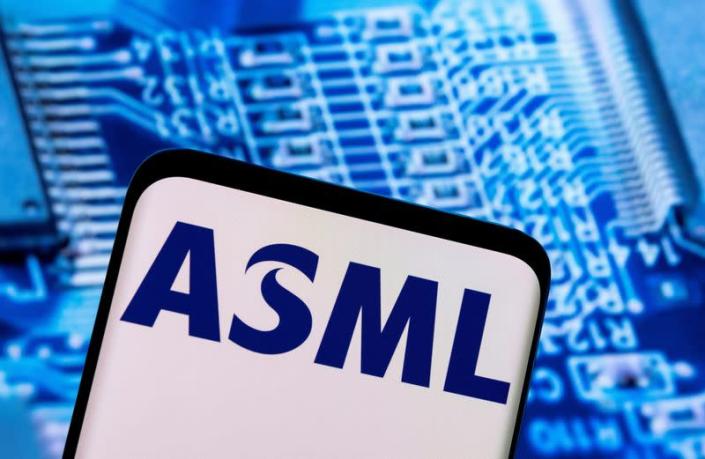
Boss of Dutch lithography giant says it is "absolutely essential" to keep having market access to China, the world's largest chip market, despite restrictions imposed recently by the West
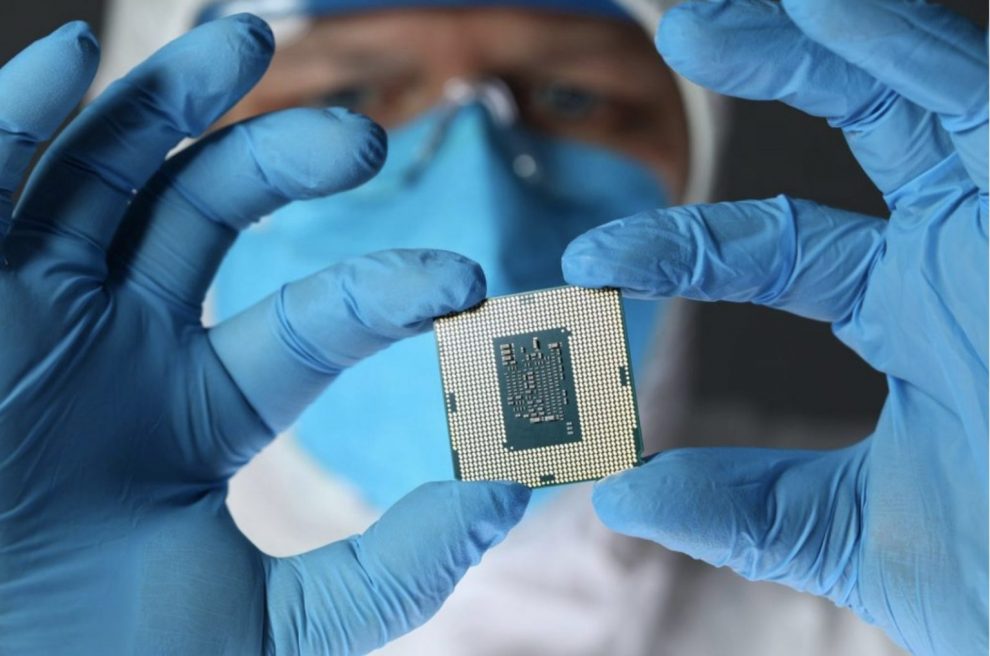
The “top secret project” is aimed at realising Beijing’s ambitions of becoming self-reliant in critical semiconductor technology
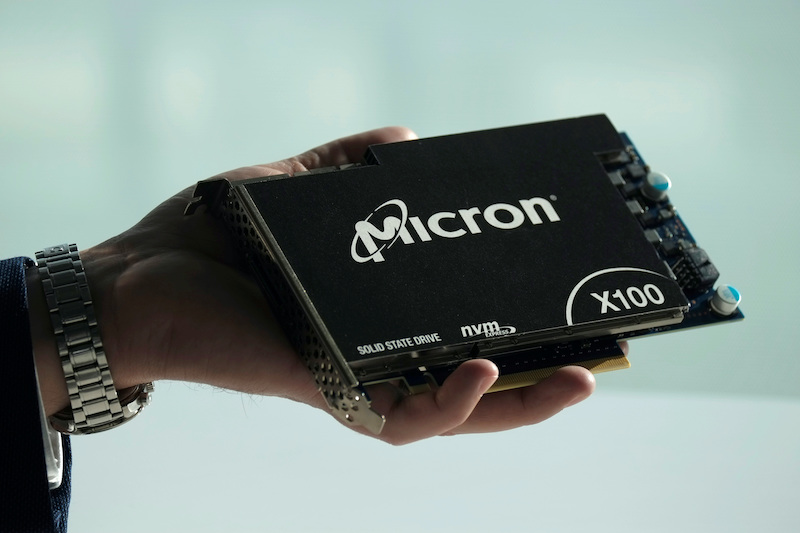
Washington has asked Seoul to encourage Samsung and SK Hynix to hold back from boosting China sales if Micron is banned as a result of an ongoing investigation
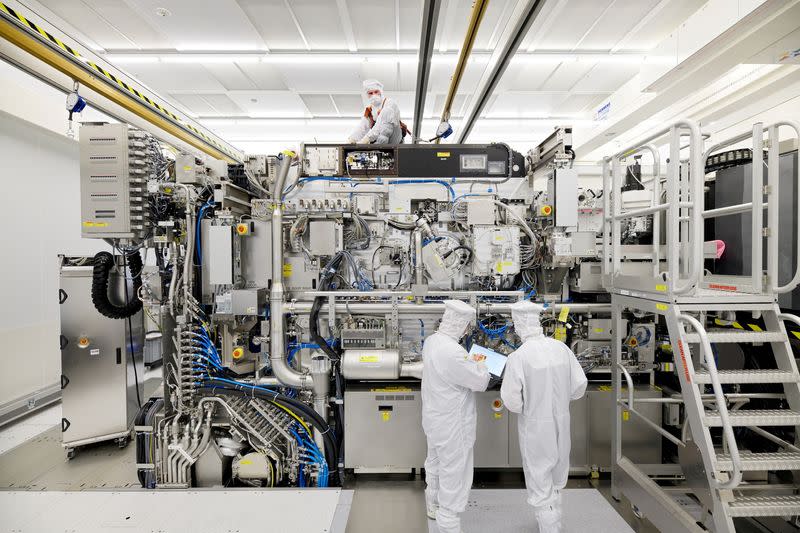
Dutch lithography giant ASML and the California-based Lam Research say strong demand for less-advanced chips, like those used in EVs, show China will still be a key customer this year

Treasury Secretary says the US seeks "constructive and fair" economic ties with China and urges cooperation on global debt crises, climate change and ending the war in Ukraine
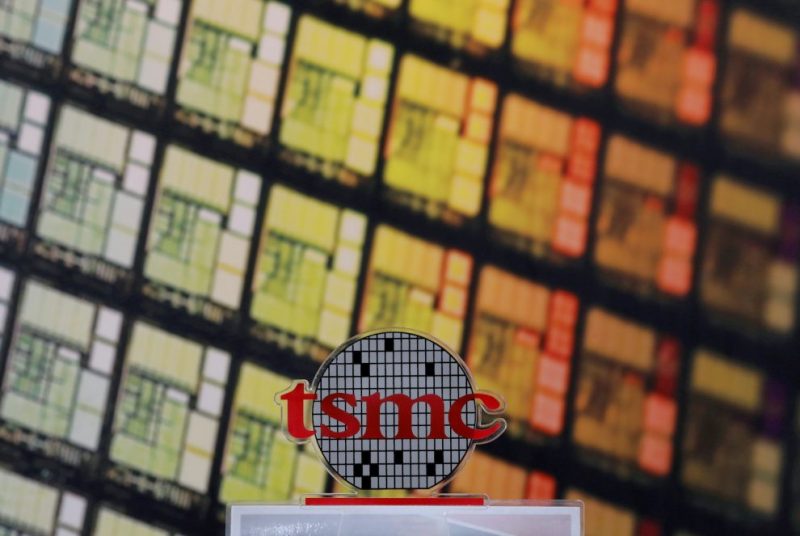
But TSMC is said to be concerned about rules that could require it to share profits from the factories and provide detailed information about operations to access those subsidies

Some 15 agreements were signed during Lula's visit to Beijing, including deals to cooperate on semiconductors, a satellite to monitor the Amazon and cyber security
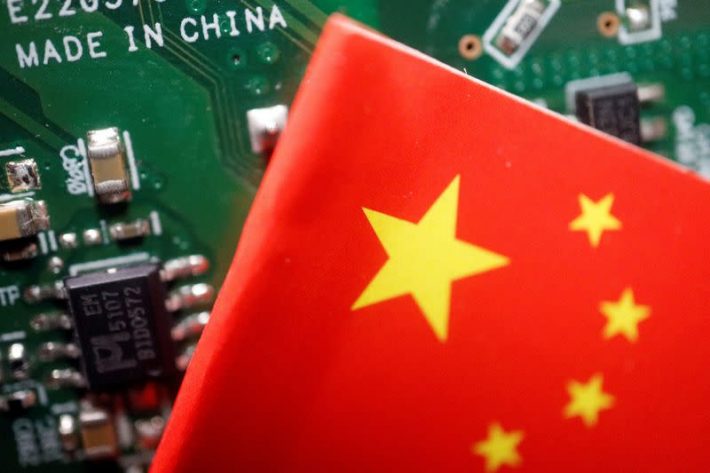
Yuecai Holdings announced the fund, which will have a 17-year term and invest in auto chips and equipment for microchips, at an event on Tuesday, the Securities Times said

“Intel is welcome to stand committed to the Chinese market and contribute to promoting China-US economic and trade cooperation,” China's vice president said
The trade in US computer chips from Hong Kong and China to Russia soared more than tenfold last year to at least $740 million, according to a probe by Nikkei
AF China Bond
- Popular
















